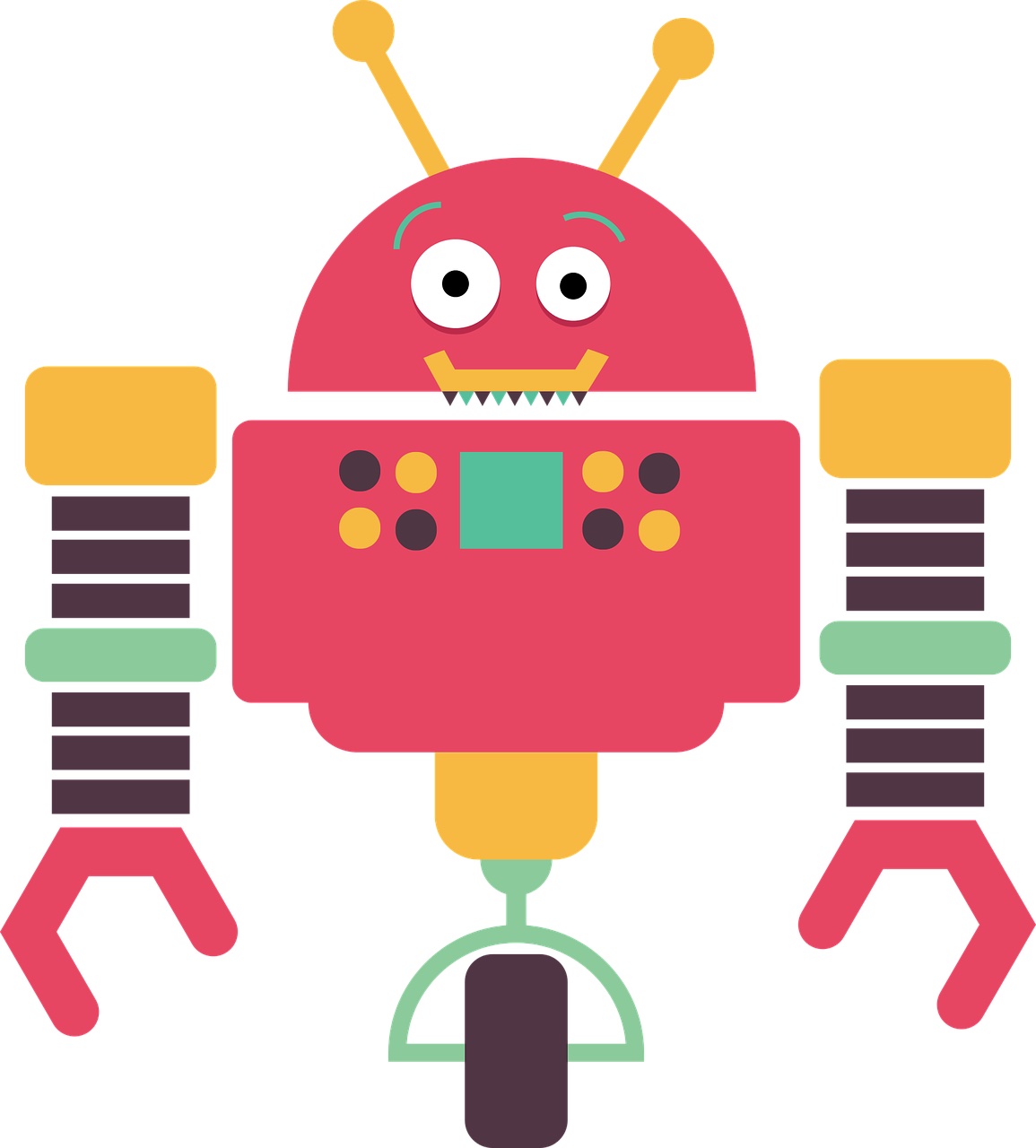
Question About Artificial Intelligence:
Greetings, could you elaborate on these words ”(Artificial intelligence) will profoundly affect all of our careers, for better or FOR WORSE” and ”have more to gain and MORE TO LOSE”.
I am asking because, in the above text, you’ve written only about the good things about AI, while with these words, you’re also implying bad things about it, but I, as a reader, don’t know about them as you haven’t listed them.
I am a doctor from Europe whose first specialty choice is radiology, but this artificial intelligence surge is making me think twice about it. Everything I read, including your piece, is a 2-way street ala. ”AI is great, but you must adapt to it.”. The end. Could somebody please tell me HOW I will have to adapt and what the BAD things about AI in the radiology field are? It’s freaking me out! Radiology, as it is now, is a fantastic specialty, but I don’t want to be jobless and incompetent 10,15,20 years from now. It’s a life’s decision, and I have exactly ten days to decide!!
Thanks,
Worried Applicant
————————————————————–
Answer:
You are not alone in worrying about the future of radiology and AI. However, after attending the RSNA meeting and talking to colleagues, AI will not take over a radiologist’s job entirely for a long time (if ever). That aside, AI technology may allow fewer radiologists to do the same amount of work that we do right now. Improving triage, artifacts, and integration will make the radiologist’s job easier.
AI Will Not Take Over The World!
Why do I say this and not worry about AI taking over the world? First, the ability of an algorithm to detect something is only as good as the programmer, the number of data points, and the quality of the data. However, programmers have not optimized the algorithms. The data points are too few. And the quality of the data is not uniform. So, I don’t believe that will happen for many, many years from now.
Moreover, deep learning algorithms still have difficulty distinguishing simple solitary findings on a plain film, such as pneumothorax (often mistaken for chest tubes), let alone all the findings on a chest film. Therefore, I don’t believe the interpreting programs can independently function.
More importantly, companies will not want to accept the consequences of the liability of missing findings on films that go unchecked by a radiologist. So, I see AI as more of a team effort instead of a radical upheaval of all radiologist’s jobs. Let’s spread the liability risk!
What Is The Real Downside Of AI?
With the advent of any new technology, we will see our fair share of crashes, bugs, and technical problems. So, I believe that these would be the main downside. But I think the downside is reasonably limited overall. My advice- if you like radiology, you should go for it. If I were deciding on a profession today, I would not let my fears of AI dissuade me from choosing the radiological field.
My two cents,
Barry Julius, MD






